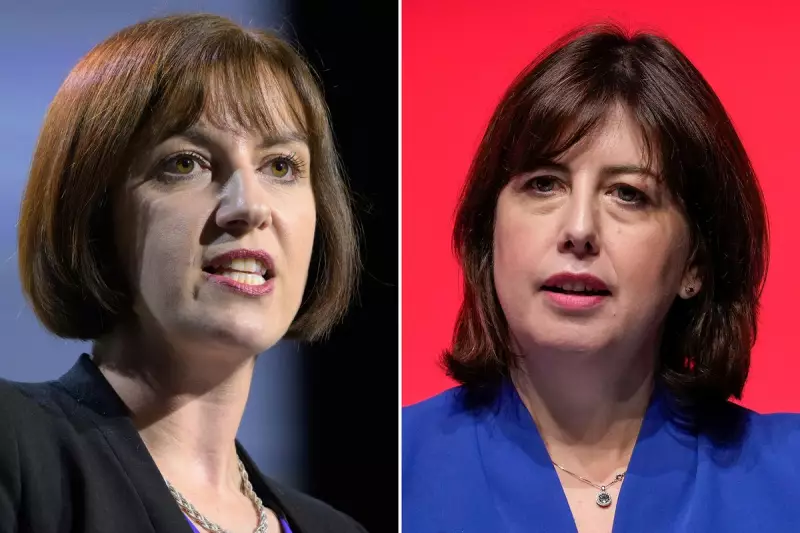
The race to become Labour's next deputy leader is intensifying, with Bridget Phillipson and Lucy Powell emerging as prominent figures in a contest that will significantly influence the party's direction. As Labour seeks to rebuild after recent electoral challenges, the deputy leadership position has become a crucial battleground for the soul of the opposition.
The Frontrunners Emerge
Shadow Education Secretary Bridget Phillipson has positioned herself as a formidable contender, leveraging her high-profile role in Keir Starmer's frontbench team. Her work on education policy and northern constituencies has given her substantial credibility within the party ranks.
Meanwhile, Lucy Powell, who serves as Shadow Housing Secretary, brings considerable experience from her time in various shadow cabinet roles. Her Manchester Central constituency provides strong northern roots that could prove valuable in reconnecting with traditional Labour heartlands.
What's at Stake for Labour
The deputy leadership contest comes at a critical juncture for the Labour Party. The successful candidate will play a pivotal role in:
- Rebuilding voter trust in key marginal constituencies
- Developing policy platforms that appeal to both traditional and new supporters
- Supporting Keir Starmer's leadership through potential challenges
- Unifying the party's various factions and interests
The Selection Process Timeline
Labour's intricate selection process involves multiple stages, including nominations from constituency Labour parties and affiliated organisations. The timeline is expected to unfold over several weeks, with intense lobbying and campaigning behind the scenes.
Potential candidates must secure support from at least 20% of Labour MPs to enter the race, ensuring only serious contenders with substantial parliamentary backing proceed to the membership vote.
Broader Implications for UK Politics
This leadership contest extends beyond internal party politics. The outcome will signal Labour's strategic direction and could influence how the party approaches key issues including economic recovery, public services reform, and constitutional matters.
Political analysts suggest the deputy leader will need to bridge divides within the party while presenting a compelling vision to the electorate ahead of the next general election.





